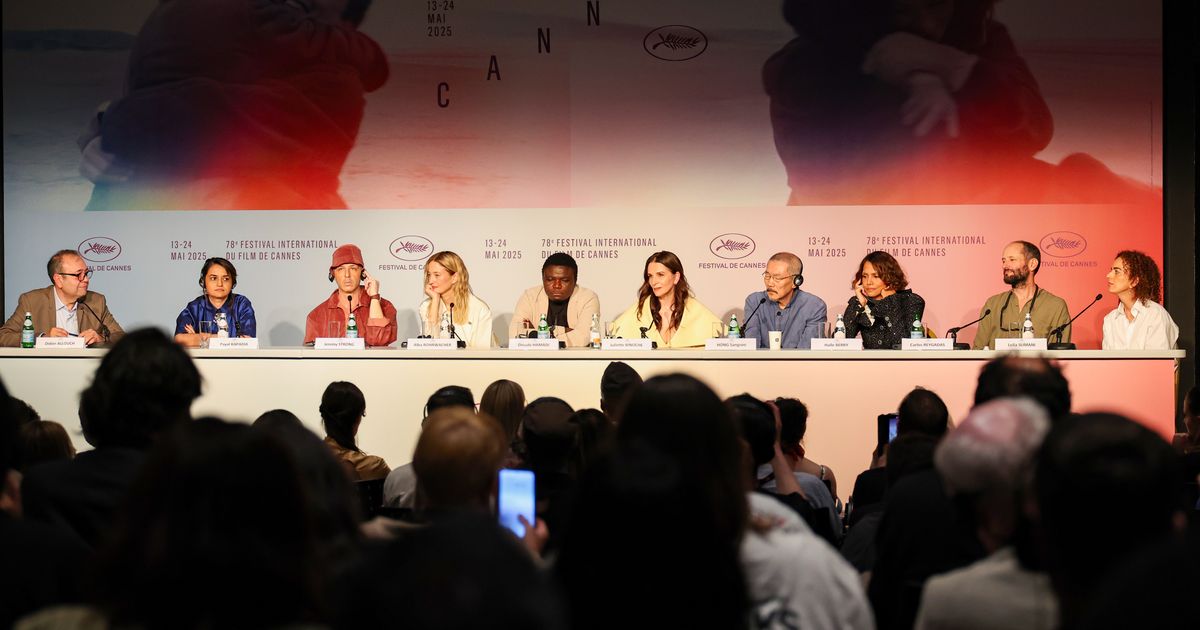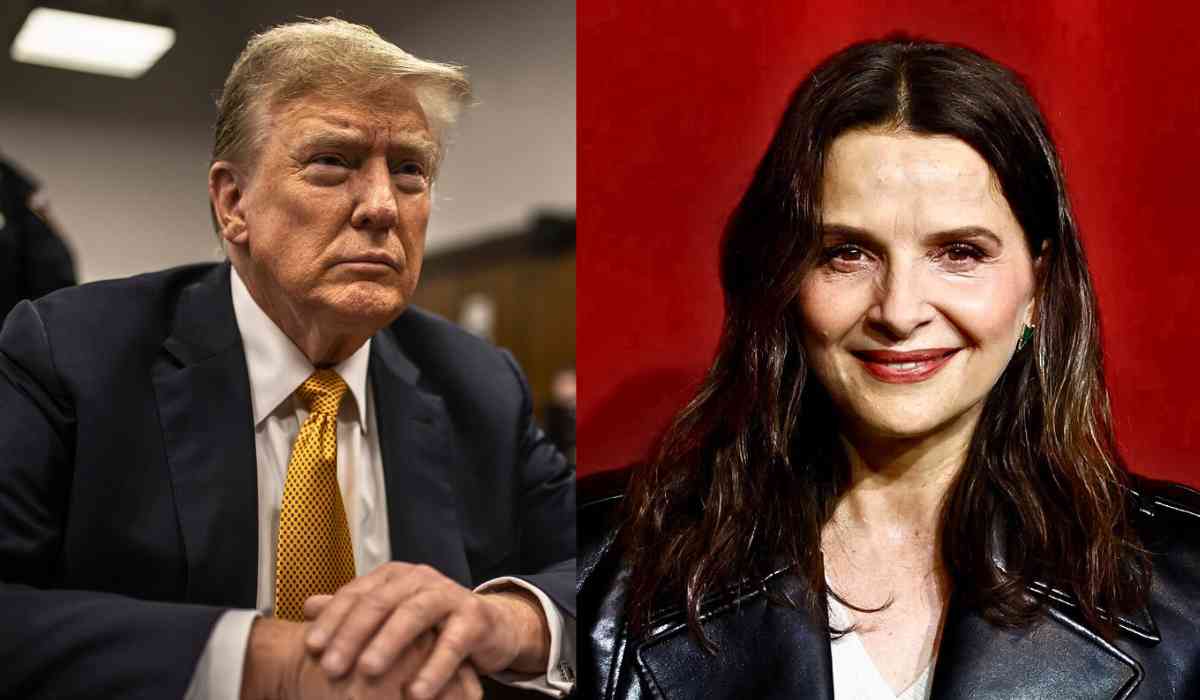As the world’s film elite gather under the sun-drenched skies of the French Riviera for the 78th Cannes Film Festival, the glamour and excitement have been overshadowed by a political storm: U.S. President Donald Trump’s proposal to impose 100% tariffs on foreign-made films. This bold move has sparked global debate, with Cannes jury head Juliette Binoche openly questioning whether Trump’s real motive is to save his own reputation.
What Are Trump’s Proposed Film Tariffs?

Earlier this month, President Trump announced plans to “make Hollywood great again” by slapping 100% tariffs on films produced outside the United States. The proposal also includes punishing U.S. studios that shoot movies abroad, offering tax incentives for productions filmed domestically, and introducing a “cultural test” to ensure films contribute to American culture.
The White House claims these measures aim to revitalize the U.S. film industry and protect American jobs. Yet, the details remain vague, and industry insiders are left wondering how such tariffs would actually work in practice.
Juliette Binoche Speaks Out
Juliette Binoche, the Oscar-winning actress and this year’s Cannes jury president, did not mince words when asked about Trump’s announcement. She told reporters, “We can observe that he’s battling, attempting in numerous ways to safeguard America and his own standing”. Binoche’s comments reflect a broader skepticism among European filmmakers, who see the tariffs as a political maneuver rather than a genuine attempt to support the arts.
The Industry Reacts

The film industry’s response has been swift and concerned:
-
Disruption to Business: Many fear that the tariffs could make it harder-or even impossible-for independent films to get made, especially those relying on international financing and locations.
-
Global Trade Tensions: Experts warn that such tariffs could damage relationships between the U.S. and other countries, reducing the American presence at international festivals like Cannes.
-
Unclear Implementation: Questions abound about whether the tariffs would apply retroactively, how they would affect U.S. films shot overseas, and how enforcement would work in such a globalized industry.
Is It About Reputation?
The timing and nature of Trump’s announcement have led many, including Binoche, to wonder if the tariffs are less about protecting American cinema and more about protecting Trump’s own image. As Binoche put it, “He’s fighting… trying to save his reputation”.
This perspective is echoed by others at Cannes. Jury member Jeremy Strong, known for his role in “Succession,” noted that the importance of film as a medium for truth-telling has only grown during Trump’s administration. He drew a parallel to his portrayal of Roy Cohn, a mentor to young Trump and a figure associated with the rise of “fake news”.
What’s at Stake for Cannes and World Cinema?

Cannes has always been a celebration of global cinema, with films from over 150 countries represented this year alone. The festival is not just about art-it’s also a marketplace where films find international buyers and audiences. If Trump’s tariffs go into effect, they could:
-
Limit the diversity of films available to American audiences.
-
Make it harder for U.S. films to participate in international collaborations.
-
Threaten the financial viability of independent and art-house films that rely on cross-border partnerships.
Looking Ahead: Uncertainty and Hope

Despite the uncertainty, there are signs that a compromise might be possible. Some industry executives believe Trump has already softened his stance, and no final decisions have been made. For now, the film world waits and watches, hoping that the spirit of international cooperation and creativity that defines Cannes will prevail.
While Trump’s supporters argue that his plan could bring jobs and investment back to the U.S., critics see it as a short-sighted move that risks isolating American cinema from the rest of the world. The real impact will depend on how the policy is implemented-and whether it is truly about supporting the arts or simply about political posturing.
As the Cannes Film Festival continues, one thing is clear: the debate over Trump’s film tariffs is about more than just movies. It’s a reflection of broader questions about culture, politics, and the power of art to bridge divides-or deepen them. For now, the world’s filmmakers, actors, and fans can only hope that creativity, not tariffs, takes center stage.
With inputs from agencies
Image Source: Multiple agencies
© Copyright 2025. All Rights Reserved Powered by Vygr Media.

























